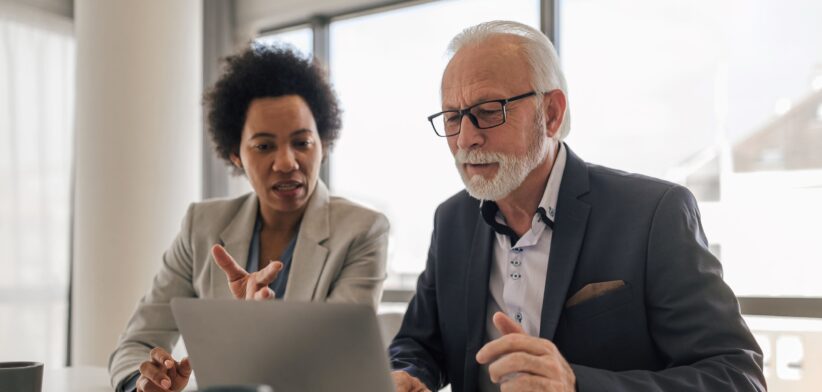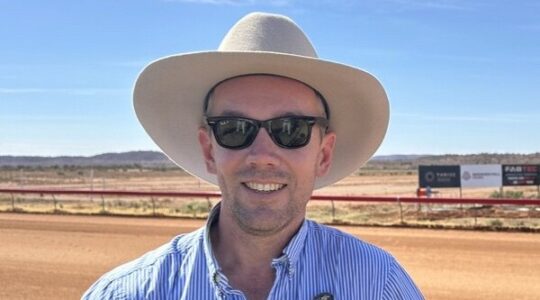Younger Australians believe they will never be able to retire, with the revelation raising concerns about increasing ageism in the workforce.
A survey by Australasian recruitment company people2people found less than 10 percent of Gen Z and Millennials believed they would be able to stop working in the future.
people2people Head of HR Solutions Suhini Wijayasinghe said the poll revealed only seven percent of Gen Z and eight percent of Millennials believed they would ever be able to retire, compared to 21 percent of Gen X and Baby Boomers.
“Younger generations aren’t just adjusting expectations—they’re preparing for the reality of working longer,” Ms Wijayasinghe said.
“But if we expect people to work into their 70s, we have to fix the structural issues that stand in the way, especially ageism.”
She said the survey found half of Gen Z workers believed they would have to work until at least 70, with 38 percent expecting to work into their mid- 70s or later.
“This is in contrast to just 22 percent of Gen X and Baby Boomers, who believe they’ll still be working into their 70s.”
Ms Wijayasinghe said nine out 10 of survey respondents believed employers rarely or never hire people near or past retirement age, with a third indicating that people over 65 had virtually no chance of being hired.
She said this was despite growing demand for skilled workers and a shrinking younger workforce.
“Age discrimination has long plagued Australian hiring practices, and the consequences are serious.
“Older jobseekers face longer periods of unemployment, greater difficulty re-entering the workforce, and limited access to upskilling or career transitions. Meanwhile, employers lose out on valuable experience, mentorship, and workforce stability.”
Ms Wijayasinghe said Australia had an ageing population and a declining birth rate.
“Inaction on age inclusion isn’t just unfair—it’s economically unsustainable. Creating age-inclusive workplaces is no longer optional. It’s a strategic imperative.”
She said as the workforce evolved, so must employer mindsets.
“Ending ageism isn’t just about ticking boxes—it’s about fostering inclusive cultures where employees of all ages can thrive, contribute, and feel genuinely valued.”








